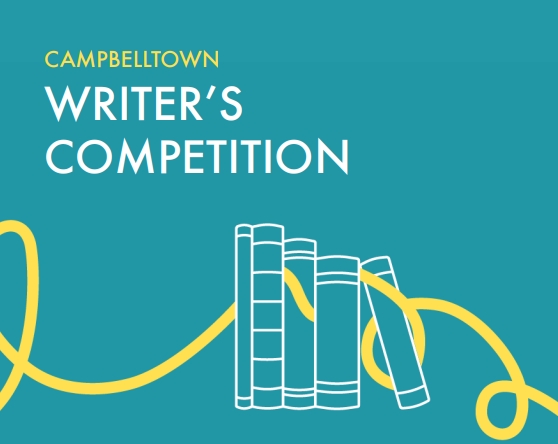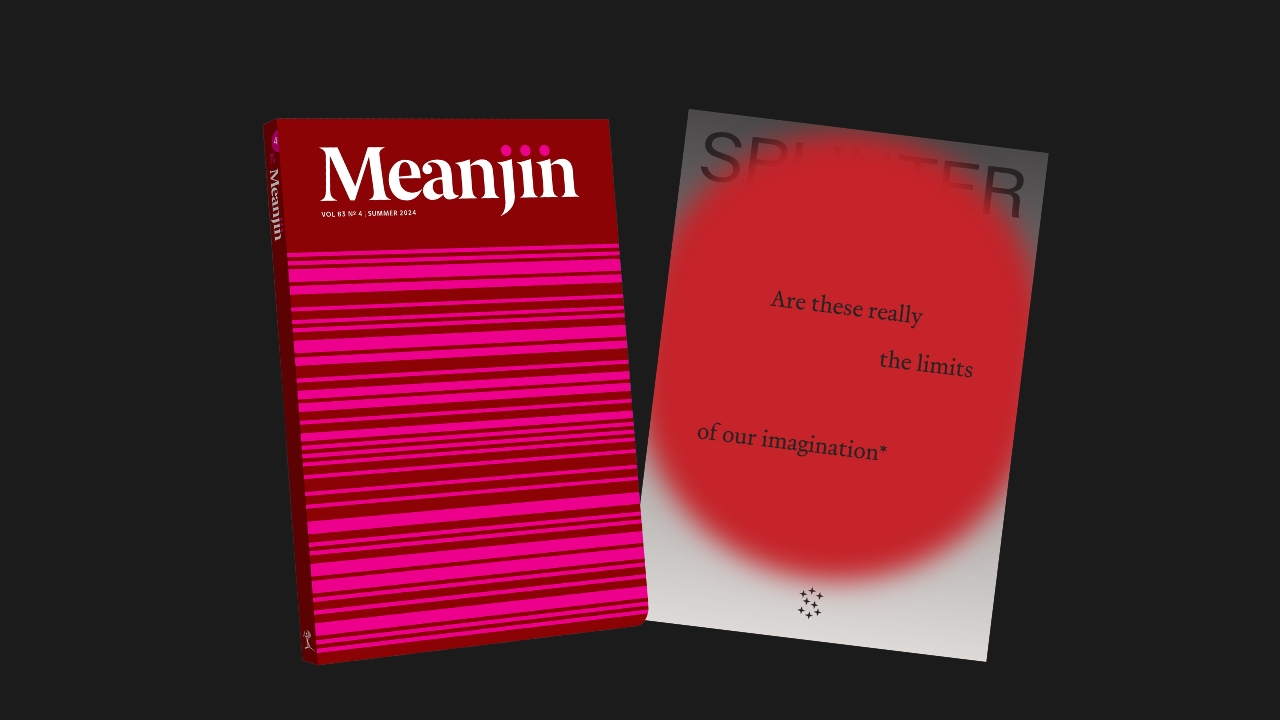By Catherine Bauer
If revenge is a dish best served cold, perhaps when it comes to rejection, it would be best if the kitchen misplaced your order!
A boo is louder than a cheer and rejection, no matter how nicely worded, can feel world ending. Doesn’t matter if it’s the love of your life, your best friend, the popular kids at school, your boss, an editor or a publisher – rejection spawns a sickening, stone-in-the gut feeling that your work – no – that you, didn’t make the grade – again.
My first rejection as a bright eyed writer came early – as a child in the –pre email days. I had written and illustrated a book about a mermaid who was stuck on a rock in the middle of the sea. It was marvellous, enchanting and I was sure it would be loved by little girls all over the world. Mum drove me to the post office and we sent off my carefully stapled-together pages to a children’s publisher in the US. I went home, sat back and waited for the story’s imminent acceptance. I waited, and waited. With each month’s passing my spirits deflated and finally my SSAE (stamped, self-addressed envelope) turned up in the letter box. It contained my story and a kind handwritten note commending me on my story, but saying that it still needed some work and to try again some other time.
I only heard the boo, not the cheer, was crushed and felt like a failure. But not for long, thanks to the resilience of youth and soon I was writing another story – about a talking pie. My publishing ambitions didn’t arise again though for a few more years in secondary school when one of my teachers told me I should write for a living. Fast forward a few more years and I was working in journalism and went on to a career in media and communications.
But those wider writerly ambitions never left me and amid life’s highs and lows, parenting and working, I have continued in my stuttering bid for publication.
Writers are an interesting breed, a curious cocktail of conflicting traits and characteristics, including being super-sensitive to their surroundings and to everyone they encounter.
Fragility and delicacy are okay if you are only writing for yourself, but if your goal is publication you’d better learn to wear a rhino-worthy thick skin with style, because for all but a lucky few, the painfully long road to publication will be potholed with rejection, pitted with criticism and sometimes even tarred with denigration.
In the pre email submission days, the tell tale sign of rejection was a letterbox stuffed with your own SSAE. Now in the email age, rejection usually comes more often in the form of months of publisher silence, or if you’re “lucky”, a form email that says your work doesn’t’ fit the publishers list at present and wishing you all the best with your writing. If you are truly fortunate, you will receive a line or two suggesting why your story didn’t work and where you may be able to improve it. I really appreciate this kind of feedback and actually feel buoyed by the fact that a time-poor, under-the-pump publisher has made the effort to respond with something helpful.
Rejection is still deflating, but I’d like to share my tips and insights in the hope they might just help ease the pain and turn it into something productive:
DO:
- Allow yourself to feel crappy and sad – but not for more than say, half a day. In fact record the feeling – it may make useful fodder one day.
- Let your work sit for a while and then go back and look at it with fresh eyes. Be brutally honest yourself. You may be surprised what you missed.
- Listen to your instinct. If something you’ve written clangs or doesn’t sit well, it’s probably time to get rid of it.
- Turn the rejection into “re-inspiration”; set your work aside and start something completely new.
- Check your research – did you make sure that your targeted publisher actually does publish Regency romances or children’s picture books? Did you follow submission guidelines?
- Remember that publishers who still sort through their unsolicited piles are few and far between and respect the time it must take to sort through.
DON’T
- Give up – keep writing what you know and love. Every successful author has been rejected, so you are in good company. (But please don’t turn into Pollyanna!)
- Don’t take it personally.
- Fire back some passive aggressive response or an angry anonymous diatribe attacking the publisher. This is frankly rude, cowardly and a bit scary.
- Never go back and demand to know why your work wasn’t accepted.
- Hold on to false hope – learn when to ditch your story, or major parts of it and start again.
Rejection is part and parcel of the life of a writer. There’s no nice way to say it – get used to it – you might even learn from it.
Catherine Bauer is a journalist and communications consultant at Hughes PR in Rundle Street. She’s also a yet to be published children’s author!
You might enjoy the Creative Writing 101 workshop or the Understanding Publishing course.








